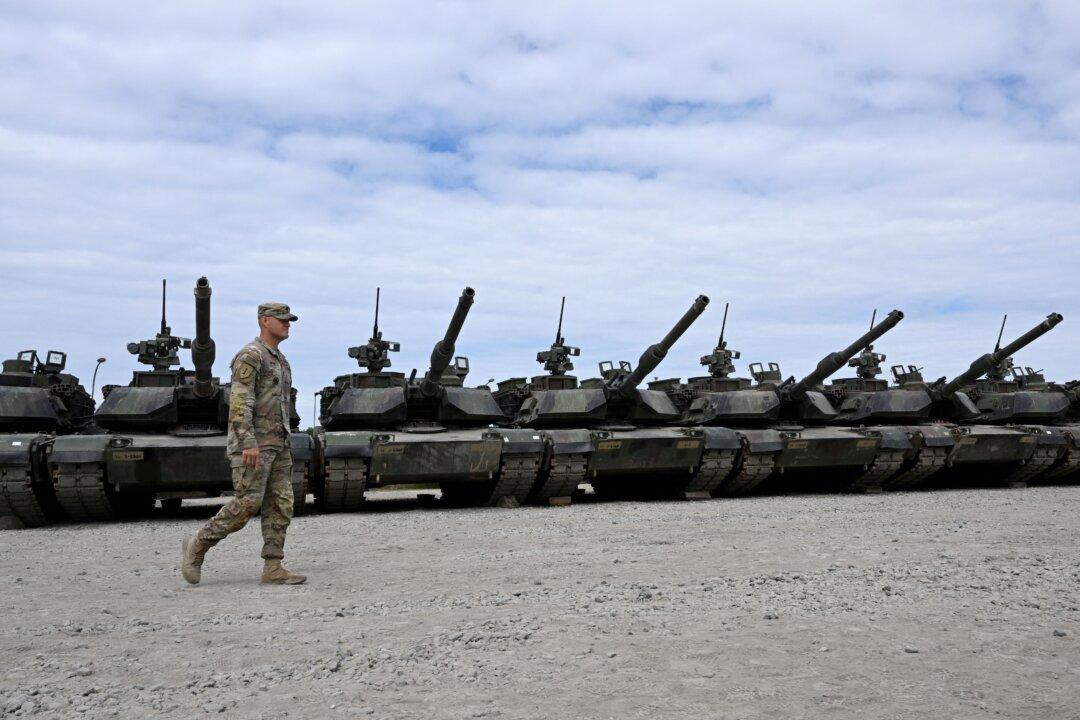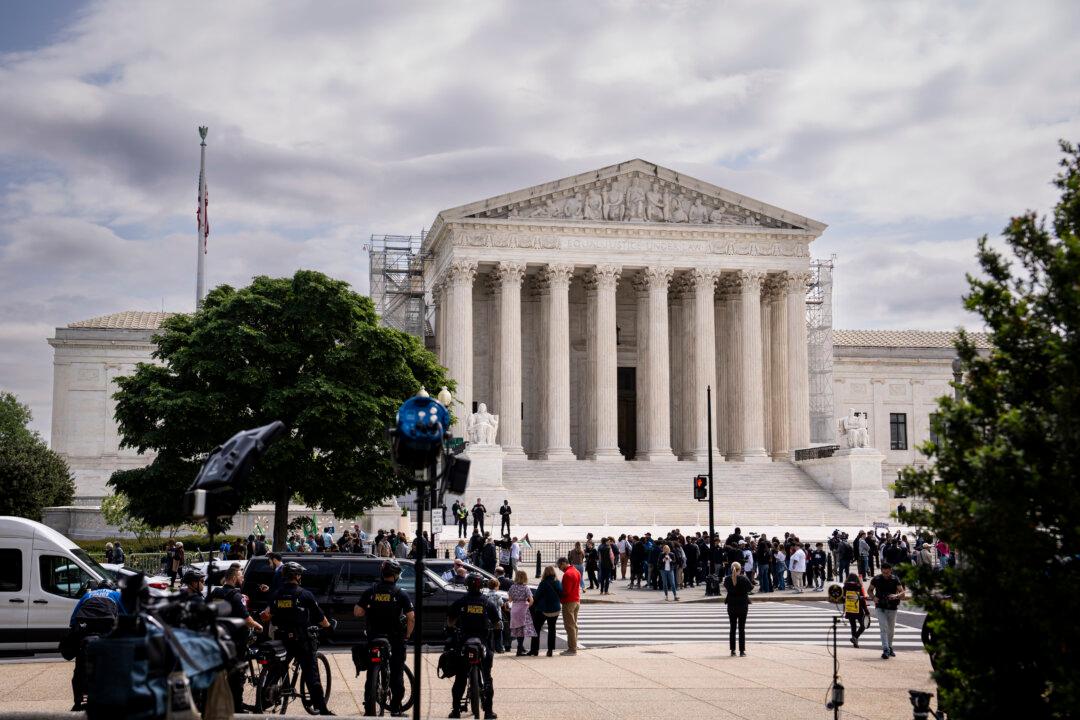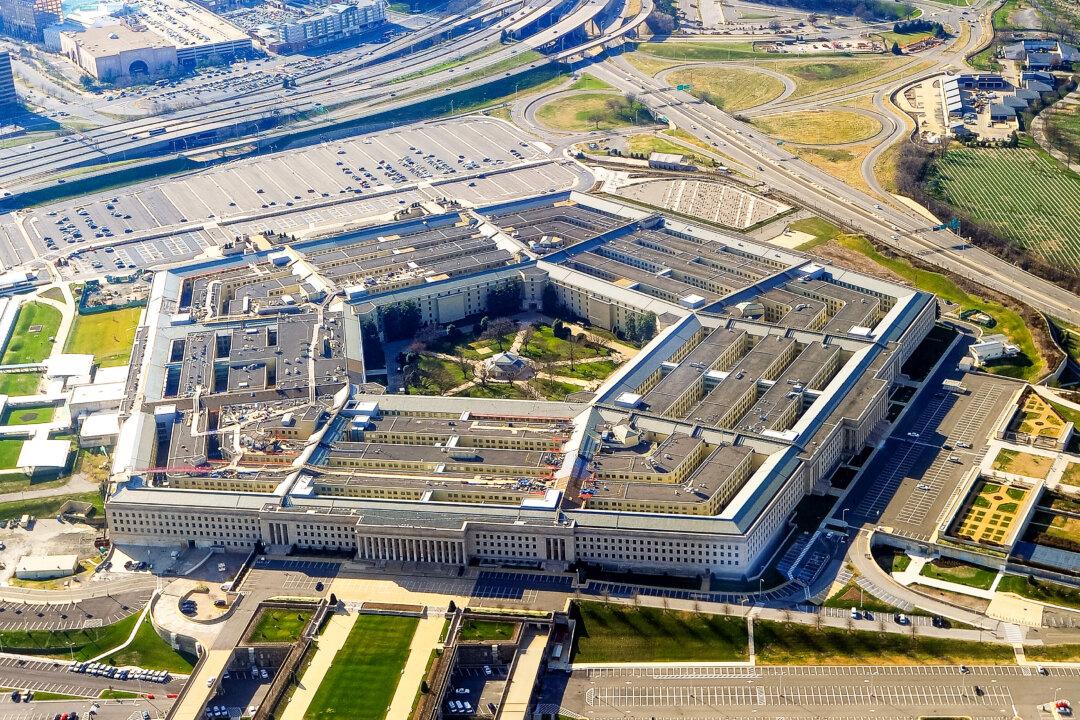The U.S. Army is expected to fall nearly 40,000 troops short of its recruiting goals over the next two years. Fiscal year 2022 is expected to miss the mark by 10,000 troops, while the number in fiscal year 2023 could reach 28,000. Those figures mean that this year is on track to be the Army’s worst recruiting year in almost 50 years.
The Army plans to circumvent the problem by offering $1 billion for its recruiting program and placing more emphasis on the use of its reserve units.




